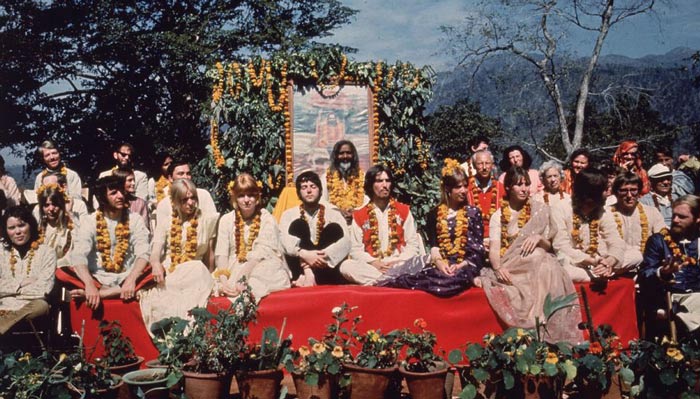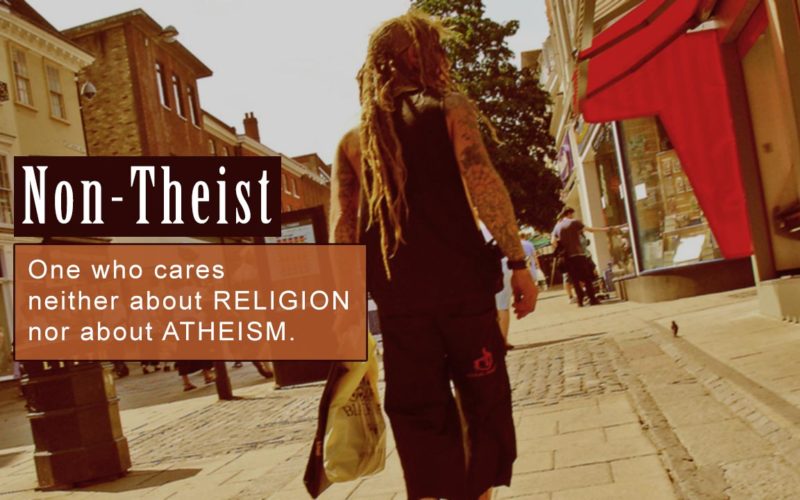- 1.5Kshares
- Share
- Tweet
- Facebook Messenger
The followers of various religions have their own concepts of God. However, when it comes to the opposite of the believers- the atheists, explaining their ideology is very simple. They are all non-believers, or so we think.
It may not be in common knowledge, especially of non-readers, but atheism also has many types. While all the types come down to meaning “non-believers”, there are small but significant attributes that set them apart from one another.
According to an interesting atheism study published in CNN on July 15th, 2013, and conducted by two researchers, Mr. Silver and Mr. Coleman at the University of Tennessee at Chattanooga, atheism is an umbrella of at least 6 types.
But, before we discuss the 6 types, let’s draw out the differences between the three primary types, that most of us regard to be synonyms to each other. They are Atheist, Agnostic, and Apatheist.
Quoting Google,
Atheist (I don’t believe in Gods) – A person who lacks belief in God.
Agnostic (I don’t know if there are Gods) – A person who believes that nothing is known or can be known of the existence or nature of God or of anything beyond material phenomena; a person who claims neither faith nor disbelief in God.
Apatheist (I don’t care if there are Gods) – A person who acts with apathy and disregard towards belief/disbelief in a deity. (Read type Non-Theist)
Now, coming to the research that brought out the 6 types; the researchers said that during their interview sessions with their subjects, they realised that people transverse through various types during their lifetime. Their page also mentions that people may find themselves relating to aspects of each of the 6 types, but there will likely be one type they will associate themselves more with.
The six types are:
1. Intellectual Atheist

They are usually well-versed and well-informed and constantly seek information about atheism and religion. They cite their knowledge-sources frequently while discussing the same. It was also found that such people prefer discussing atheism on internet sites.
2. Activist

Such non-believers don’t feel content with simply disbelieving in the supremacy. They want the masses to believe it too. They are pretty vocal about why they reject following a particular religion and why it would be better for the society if it did the same.
3. Seeker-Agnostic

They are unsure about the presence of God, yet stay mindful of the limitations of human knowledge and lack of matter proving the absence of God. They aren’t exactly confused but accept that there’s an uncertainty surrounding the concept.
4. Anti-Theist

They are completely against any sort of religious ideology, and constantly speak out against it. They are pretty proactive and aggressive in their attempt to explain theists how their ideology of religion is out of date. They possess clarity in their beliefs and according to them, they have a superior understanding of the dangers associated with religion.
5. Non-Theist

According to the research, Silver and Coleman mention two words that suit Non-Theists: Apathetic & Disinterested. They simply don’t care and relate themselves to neither religion nor any sort of atheist and agnostic movements. Anything relating to religion, be it positive or negative, has no space in their thoughts. Which also means they don’t involve themselves in social/intellectual discussions relating to religion or anti-religion.
6. Ritual Atheist

They are non-believers of God, religion and afterlife. However, they do engage themselves in certain traditions relating to religions. Mainly, they find the teachings offered by the different religions of value and philosophical.
This research although, was probably done to find out the “non-belief in America”, I feel, most people across the world, including the newer generations in India, will find relevance to it.
So, could you relate to any of these types?
Sources: CNN, Non-Belief In America Research
- 1.5Kshares
- Share
- Tweet
- Facebook Messenger




